The word fermented used to make me cringe. It may cause the same reaction in some of you. Stick with me, because I feel that consuming fermented foods is one of THE most beneficial things that we can do for our health.
This post has been in draft mode for YEARS. I am not joking. I have wanted to write more about it, but haven’t ever found the time to finish. I think that there was a reason for that, as I have learned so much more over time and I have a better understanding now of the subject and can hopefully help others understand as well!
Let’s get right to it. There will have to be several posts on this subject, for it is too vast to cover in one epistle!
Fermentation is a process by which natural bacteria feed on sugars and other starches to produce lactic acid.
This process is called lactofermentation and from this process multiple strains of probiotics, beneficial enzymes, omega-3 fatty acids, and b-vitamins are produced. It also preserves food and makes it more easily digestible. Fermented foods are extremely powerful detoxifiers – the bacteria present are capable of pulling out a massive range of toxins and heavy metals from your system. Another major benefit is immunity – about 80% of your immune system lies in your gut! Concentrating on feeding and nourishing your gut enhances your immune system, which is your first line of defense against disease. Isn’t that COOL?
The process of fermenting foods has been around for centuries. Our ancestors used these methods to preserve their foods when refrigeration wasn’t even a thought in anyone’s mind. I have touched on this with Natural Yeast, which is the process by which grains are fermented and made more digestible, but that is only one example of fermentation.
Kimchi, Sauerkraut, pickles, chutney, salsa, cultured dairy products (kefir and yogurt), kombucha, and water kefir are some examples that might be more familiar. You can also make your own condiments (ketchup, mustard, and mayonnaise) that are fermented!
Bacteria is SO IMPORTANT to our health. The microflora and probiotics in your gut are so crucial to your health that some researchers have even referred to them as “a newly recognized organ.” These bacteria influence the workings of your entire body. It has been shown that the health of your gut directly influences your brain and its functions. This connection between the gut and your brain is recognized as a basic tenet of medicine and physiology. It is known as the gut-brain axis:
The gut–brain axis refers to the biochemical signaling taking place between the gastrointestinal tract and the nervous system, often involving intestinal microbiota, which have been shown to play an important role in healthy brain function. (Wikipedia.com)
Knowing this, we can see how your gut health can play a role in psychology and behavior. So many aspects of our health are dependent on a healthy gut! Those microflora influence much more than just your digestive tract. Your gut bacteria play key roles in gene expression, behavior, autism, diabetes, and obesity.
According to Sandor Katz, author of The Art of Fermentation,
“Bacteria in our gut enable us to live. We could not survive without bacteria. … They allow us to digest food, to assimilate the nutrients in our food; and they play a huge role, just beginning to be understood, in our immune functioning and in many other processes in our bodies. All life has evolved from bacteria and no other form of life has lived without bacteria. … Our bacteria perform all sorts of essential functions for us, and because we are continually attacking them effectively with all of these chemicals in our lives, simply replenishing and diversifying these populations has a benefit for us.”
As Mr. Katz alludes, we are inundating our systems with chemicals and artificial foods that are disrupting the balance of these beneficial bacteria. We are constantly bombarding our gut with harsh substances and not doing much to heal them or counteract this process. In general, processed foods destroy healthy gut bacteria and help feed the bad bacteria and yeast in our systems.
Fermented foods are fabulous for aiding in digestion and helping to heal the gut, but we also need to be consuming a good probiotic supplement to COLONIZE the lower intestine. Read more HERE. Both are important.
I will mention that you need to be aware that pasteurization kills off a lot of the beneficial organisms in fermented foods – so buying from a trusted source or knowing how the product was processed will help. Be a conscientious consumer. It is cost-effective and easy to ferment from home as well. I will be posting more on that later!
That is important stuff! Our bodies are truly remarkable things. The connections and processes that are happening “behind the scenes” will continue to amaze me. It is my hope that by writing posts like these I can help someone, anyone to make the connection for themselves that this might benefit them.
When people ask me how they can be more “healthy” one of the first things I ask is about what they eat on a regular day. This isn’t to judge or criticize, but to know where to start. If they are eating a lot of carbs, I suggest eating more protein and healthy fat (okay fine, I ALWAYS recommend that). I always suggest more vegetables.
But my biggest piece of advice that I say on repeat to anyone who will listen is this:
Don’t get overwhelmed thinking about everything you need to cut out of your life. Just start adding in some good things. That’s it. Add in something good, right now, today. You don’t have to overhaul everything. Just start adding, don’t think about the take away. Whether it’s drinking more water every day, making a smoothie full of super foods, eating more vegetables, etc. WHATEVER it is, just start. Then over time, add in more good things until you will start to notice the difference they are making, and it will make you want to do more. It will make you realize on your own that the bad stuff isn’t worth it.
If you ask me, I will give you a short list of things to add. Fermented foods and a good probiotic supplement are at the top of that list.
I have only scratched the surface on this subject, so stay tuned . . .
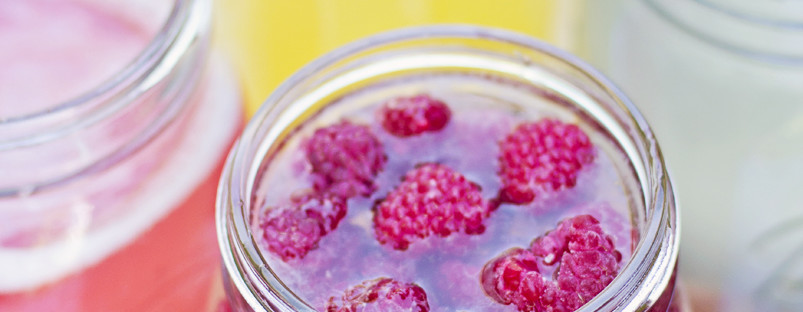
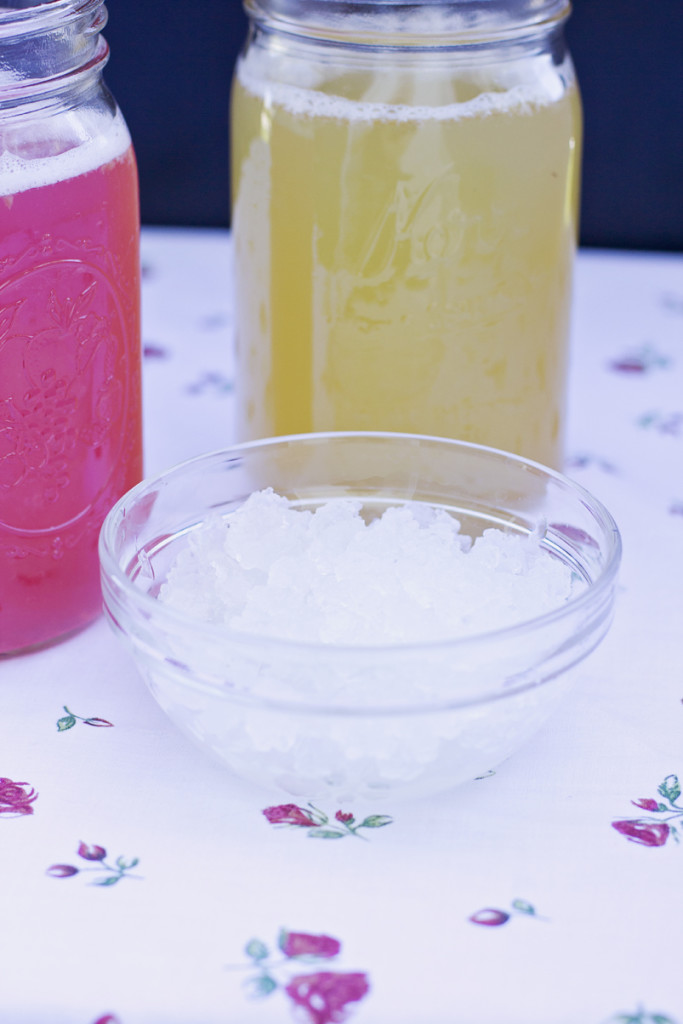
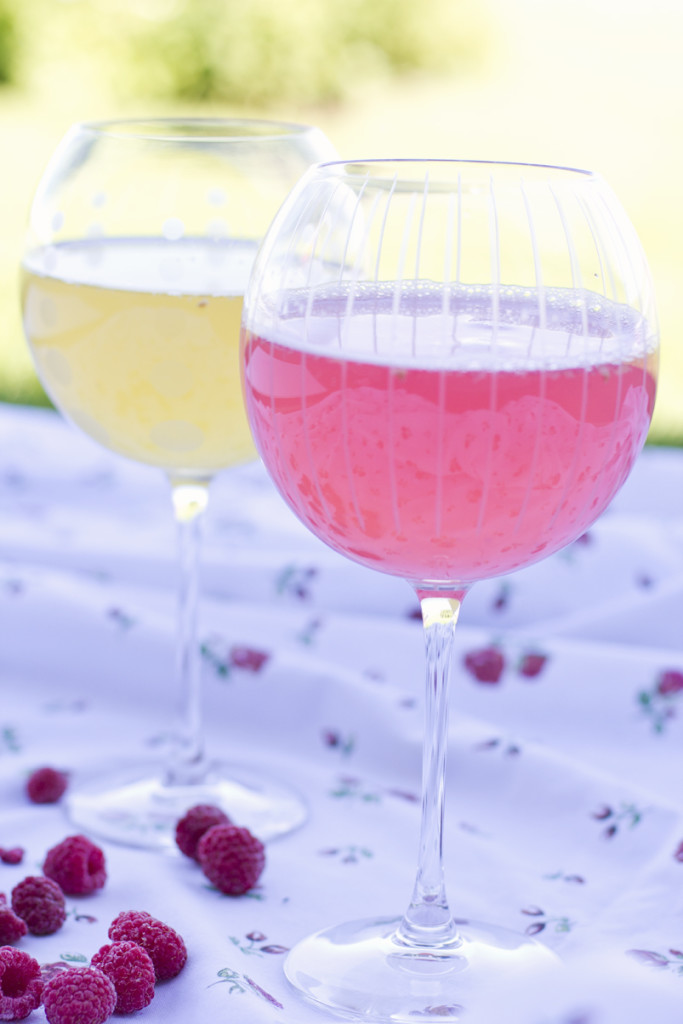
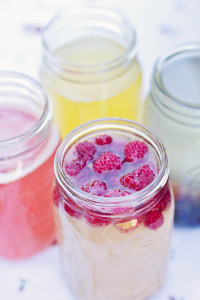
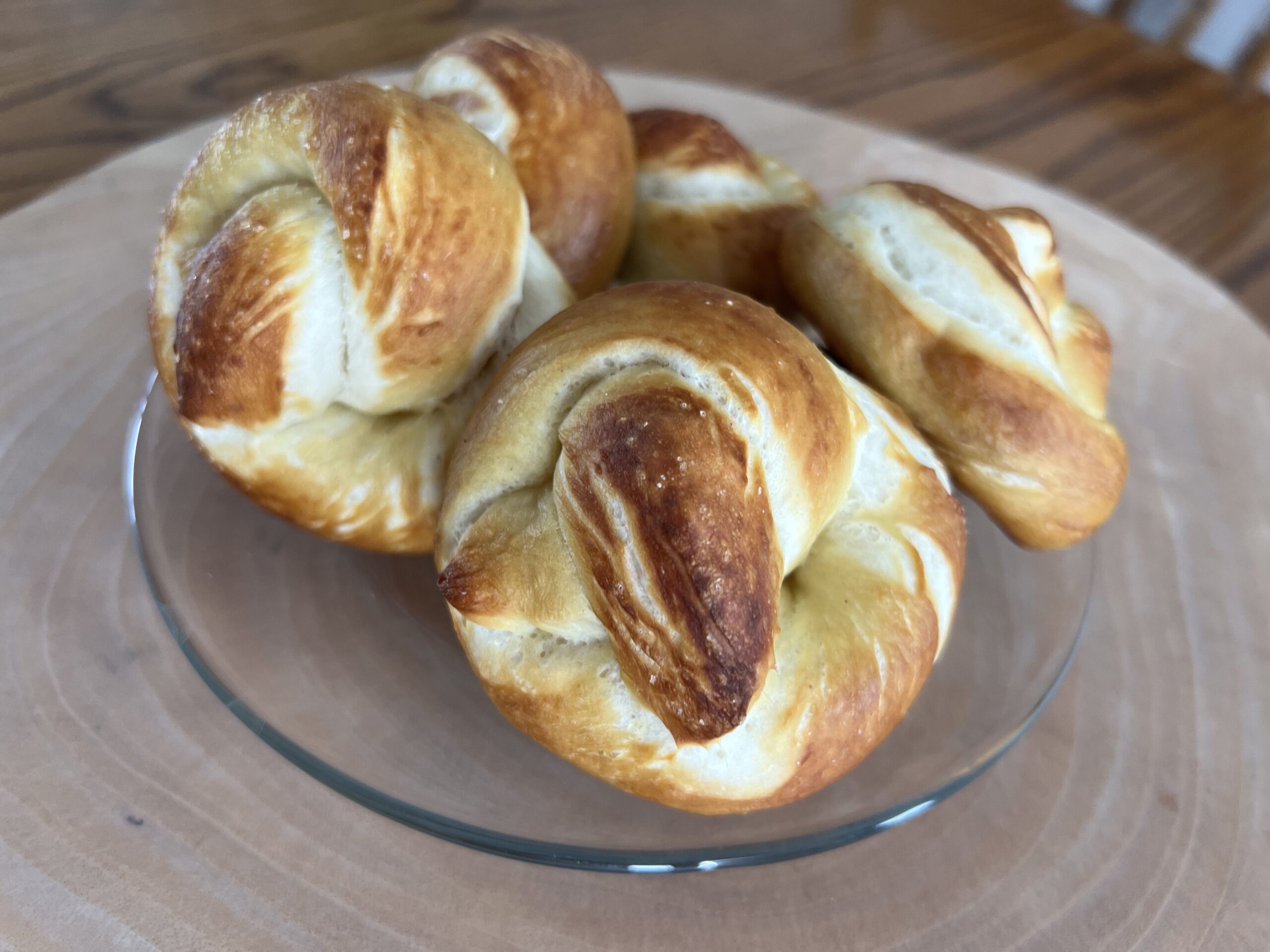

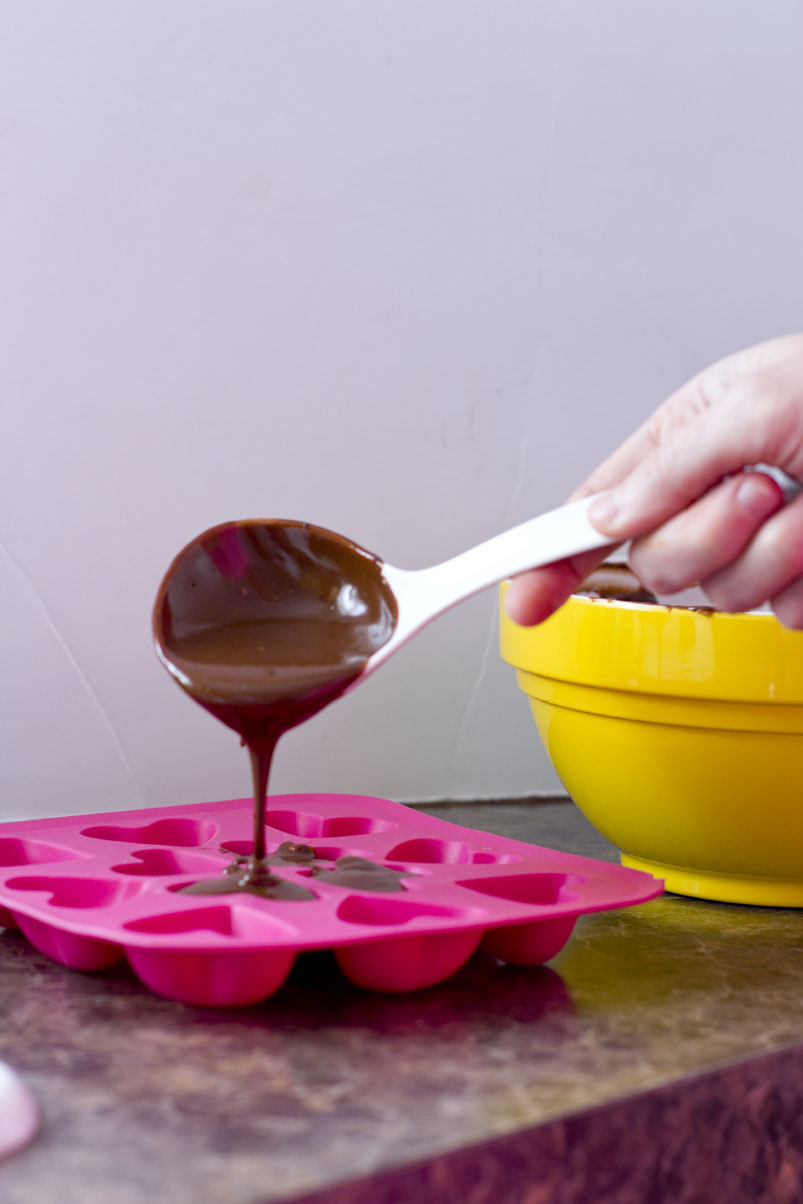
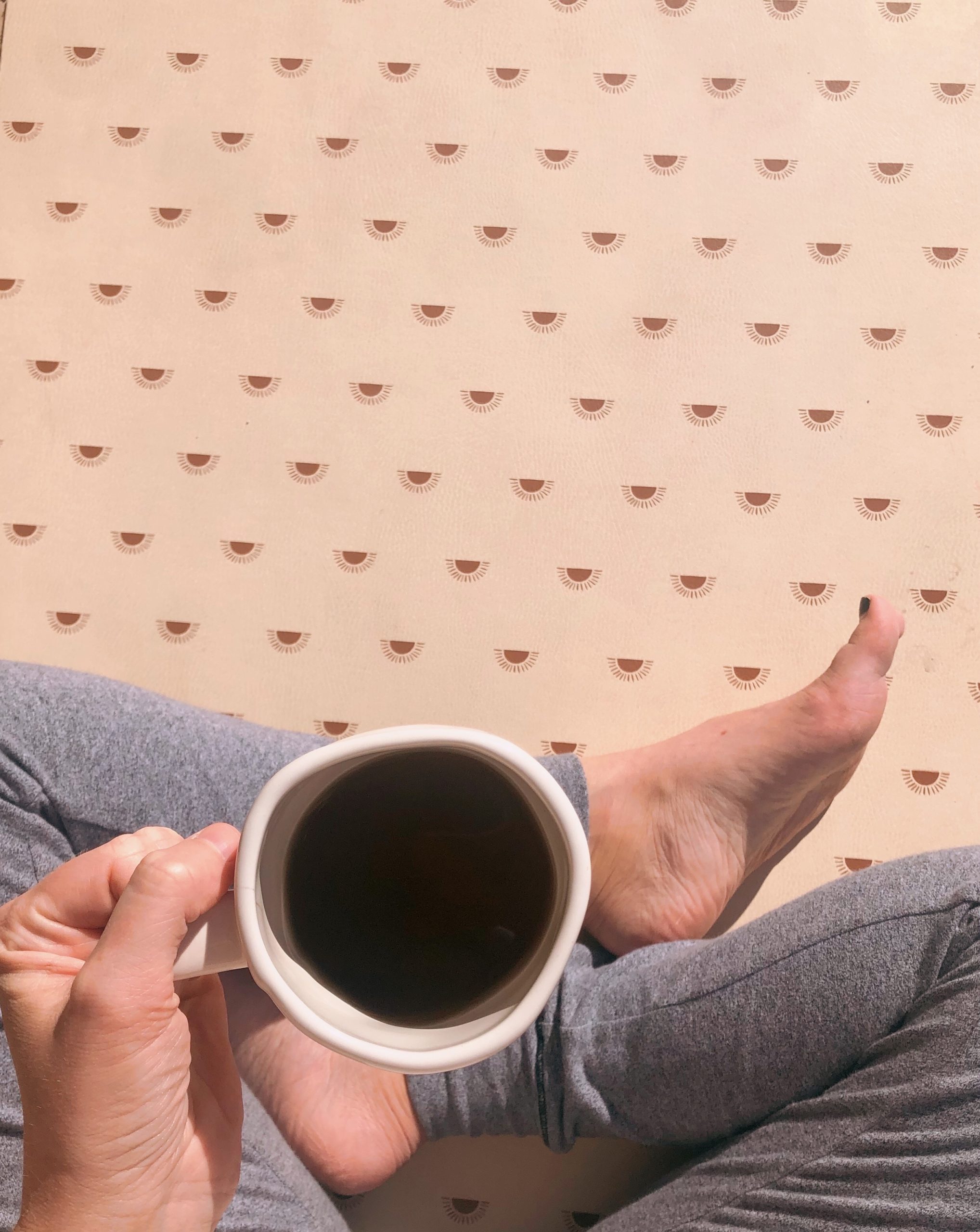

YESSS! To adding the good stuff in. It’s the only way lasting change happens for me. Also, I need to get me some kimchi…
I love my fermented foods! they are a GUT saver! Thanks for pulling this out of the draft.
[…] introduced you to fermented foods in this post. There is so much more information, it’s hard to know where to start. One of the things that […]
Howdy! I could have sworn I’ve been to this blog before but after browsing through some of the post
I realized it’s new to me. Anyhow, I’m definitely happy I found it and I’ll
be book-marking and checking back frequently!
When you roast your nuts after soaking them, how long and what temperature do you use? Or I have a dehydrator? Also I’m going to try water kefir, going to check if nutters has some dehydrated? Any other places or online that you recommend for getting some?
If you have a dehydrator, just use that for the nuts! I don’t have one, so I put them on the lowest temp in my oven (170) and leave them in there for a good day (24 hrs). I doubt that nutters has water kefir grains. I think my mom has some if you wanted to contact her. Or the site http://www.culturesforhealth.com has them and they are good!!!